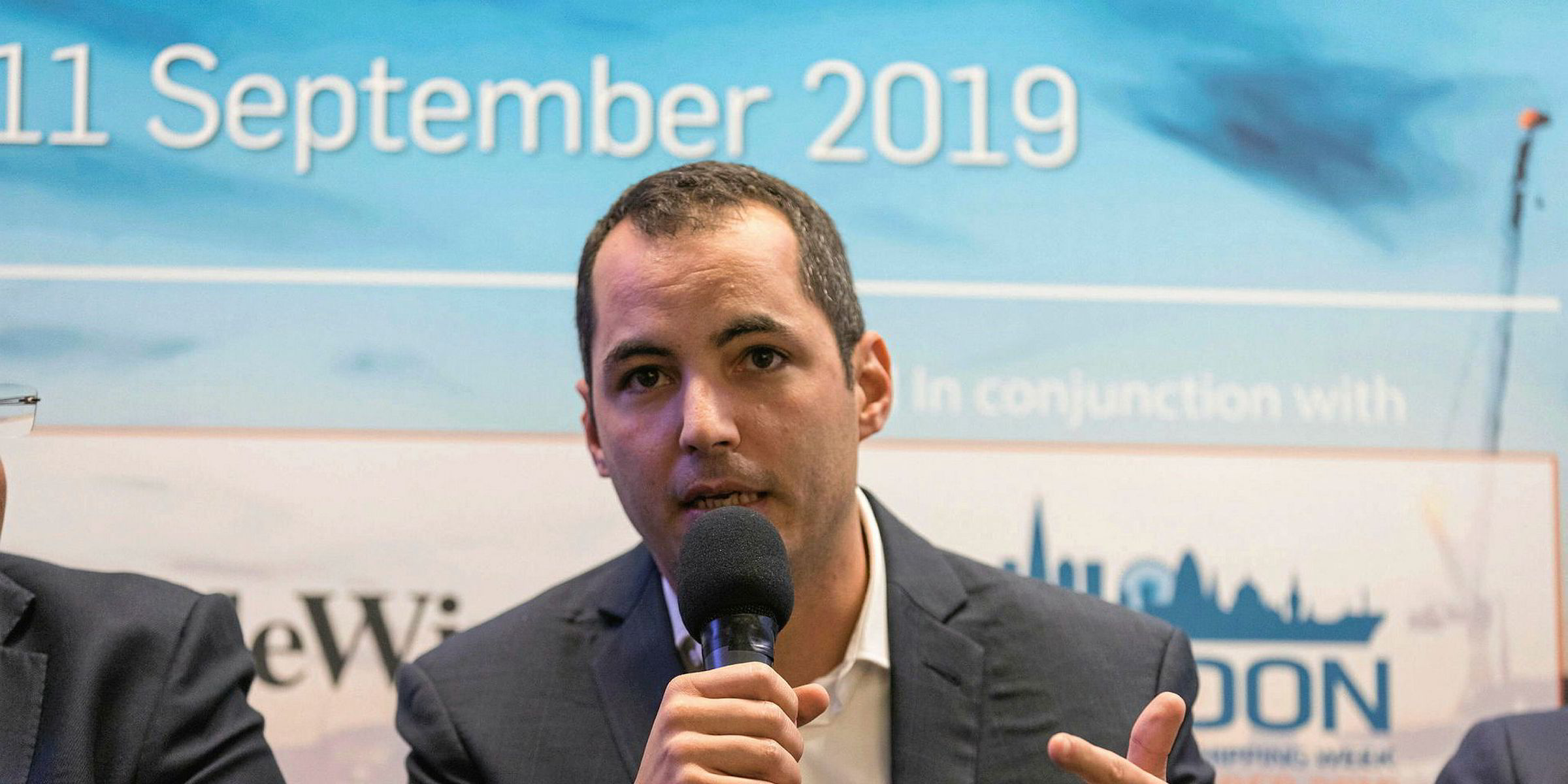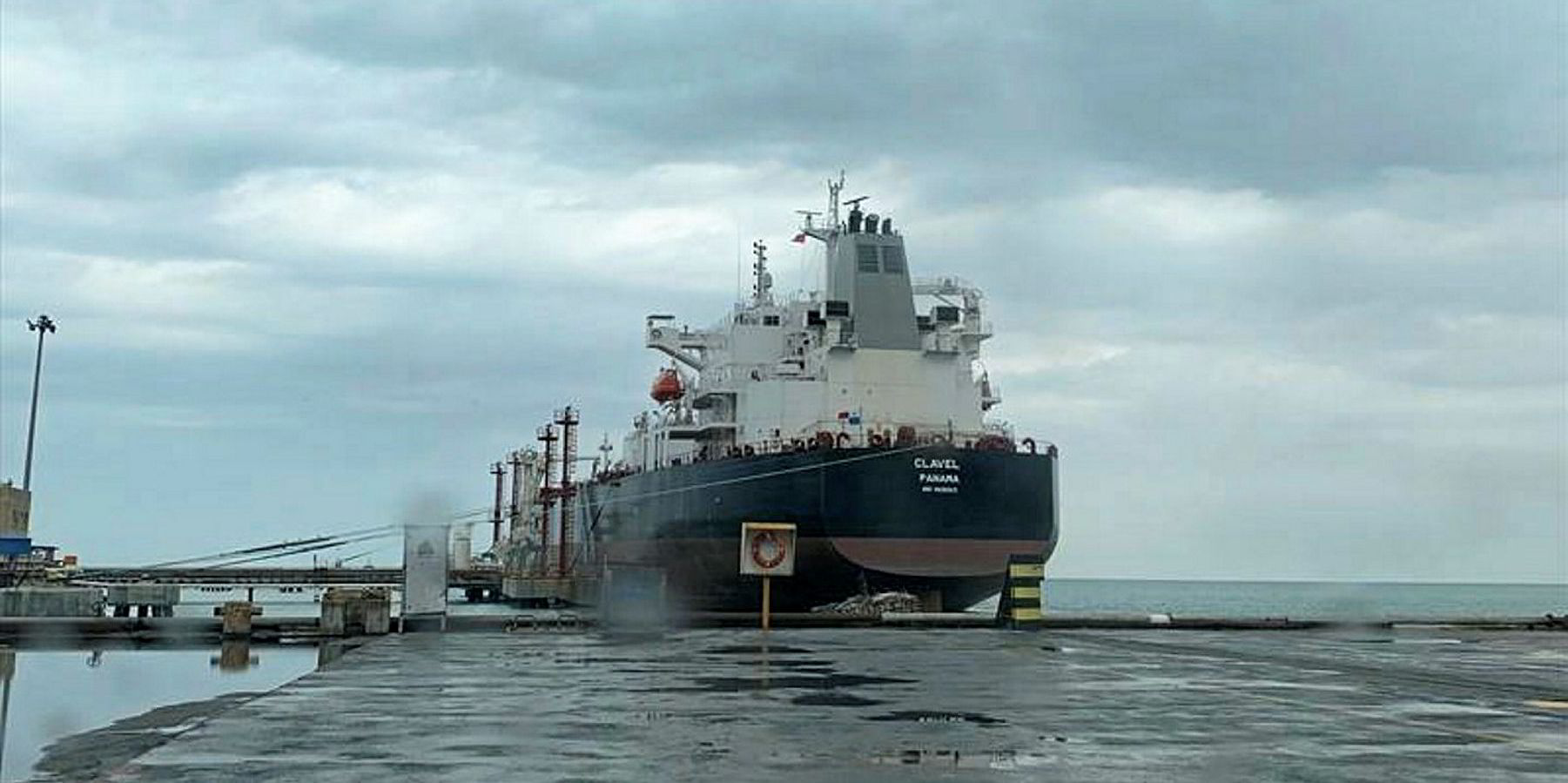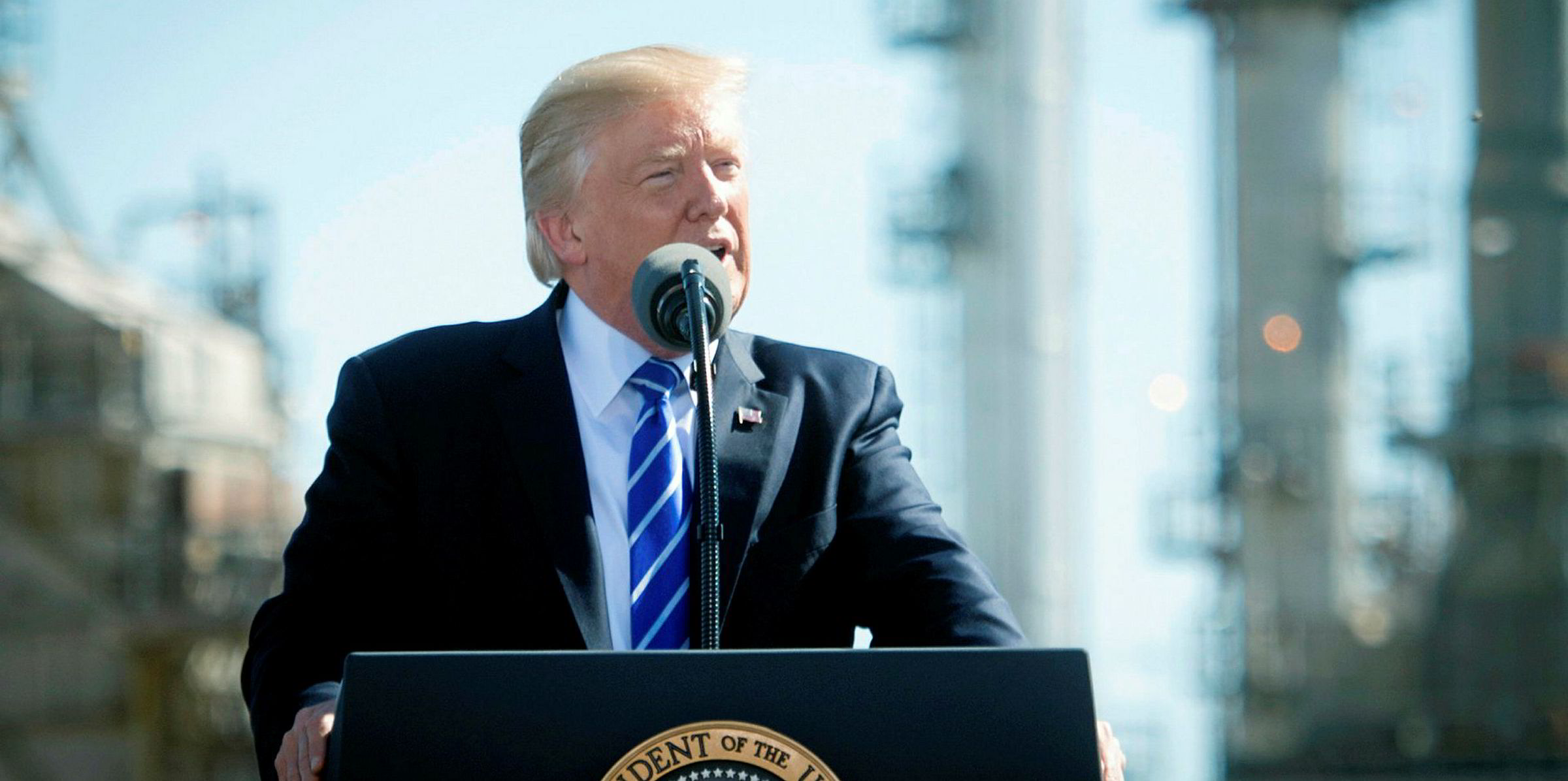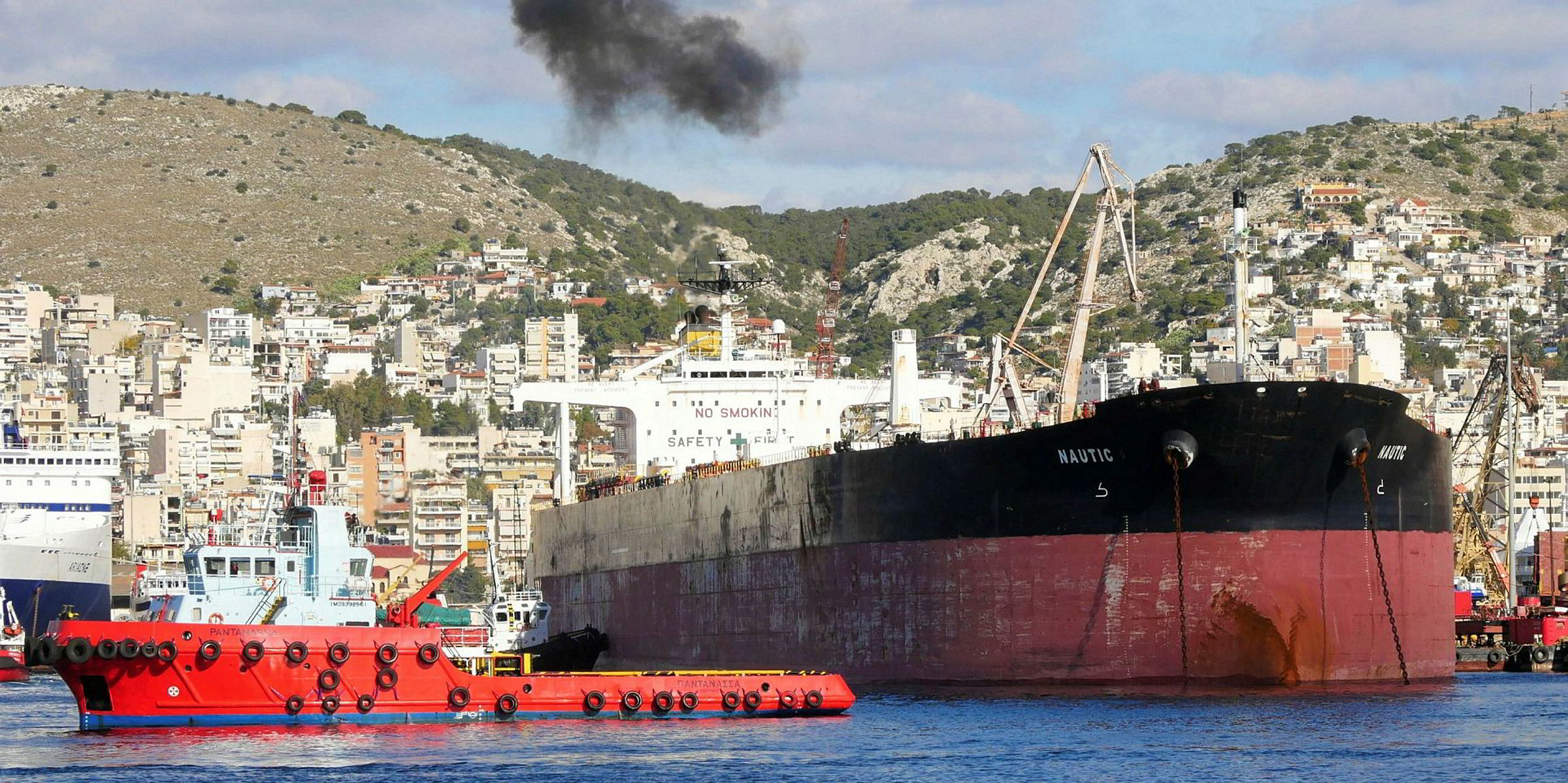General know-your-customer checks for counterparty risks are no longer sufficient to comply with US sanctions regime, said Windward.
Shipping players must now move towards knowing their “vessels” to meet the regulations, the company said.
The Israeli outfit said the US government — which issued a 35-page sanctions guidance last week — increasingly expects industry participants to adopt a more sophisticated approach to screening counterparties.
While the existing process centres around entities involved in the transactions, Windward believes the vessels carrying out those trades physically should also be under scrutiny — even if they are not on the sanctions list.
“Compliance and trade teams across the maritime supply chain now recognise that existing sanctions screening processes are not enough to help them know which vessels are safe for business,” Windward said in its latest report.
“To mitigate sanctions' evasion risk and meet regulatory requirements, they are incorporating behavioural analysis to actively identify potential sanction evaders before government authorities designate them.”
In particular, Windward said industry players are becoming more aware of dark activity, identity tempering, ship-to-ship (STS) transfers and loitering in the waters of sanctioned countries in the so-called “know-your-vessel” checks.
Case study
Windward has used the well-reported case of the 309,400-dwt Tian Ying Zuo (renamed Judy II, built 2001) to show how the new approach can make a difference.
TradeWinds, along with several other media outlets, reported that the VLCC had received Iranian crude via STS operations since 2018, but the vessel’s name was not on the sanctions list.
In mid-2019, two banks — including the Asia-based subsidiary of a US financial institution — processed a letter of credit that financed a transaction of Iranian oil carried by the Tian Ying Zuo despite four rounds of counterparty checks, Windward said, without identifying them.
What they missed was the ship’s AIS records showed dark activity in the Middle East Gulf, according to Windward.
“A suspicious vessel such as this one could be added to internal watchlists to be flagged for enhanced due diligence before processing a transaction or onboarding a client,” the company said.
“The banks, as well as the exporter, importer, vessel operator, executives, and other parties involved in the transaction, could all be exposed to investigation, financial penalties, and secondary sanctions.”






